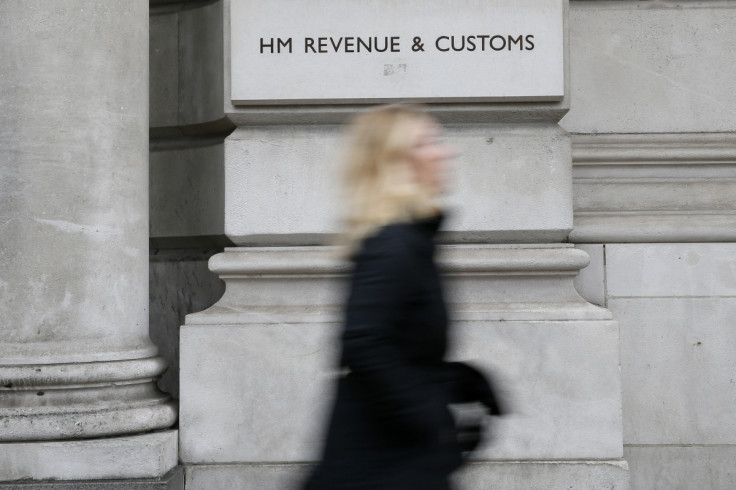HMRC to axe 170 tax offices in modernisation move putting thousands of jobs at risk

Thousands of HMRC staff face losing their jobs as the ministry axes 170 of its tax offices across the UK as part of a restructuring programme. The body said it would scrap the outlets and create 13 new regional hubs throughout the country by 2021.
The move is part of a "modernisation" scheme to include new online services, data analytics, new compliance techniques, new skills and "new ways of working". The body, which has a workforce of more than 58,000 people, said the large regional centres will help "meet the challenges of bringing in more revenue from those evading tax and improving its customer service to the honest majority".
The Public and Commercial Services Union (PCS), which claims to represent around 75% of the HMRC's workforce, described the decision as "devastating". "No one should be in any doubt that, if implemented, these proposals would be absolutely devastating for HMRC and the people who work there," said Mark Serwotka, the union's general secretary.
A spokesman for the HMRC told IBTimes UK that the ministry did not have a number of many people could leave the department as part of the re-structuring programme.
"Closing this many offices would pose a significant threat to the operation of HMRC, its service to the public and the working lives of staff. The need for parliamentary scrutiny of the plans is undeniable and urgent."
The comments come after the cross-party Public Accounts Committee (PAC) warned on 4 November that the ministry was "failing" British taxpayers and highlighted concerns about evasion, avoidance and tax collection.
"HMRC must do more to ensure all due tax is paid. The public purse is missing out and taxpayers expect and deserve better," said Meg Hillier MP, the chair of PAC.
"We are deeply disappointed at the low number of prosecutions by HMRC for tax evasion. We believe it is important for HMRC to send a clear message to those who seek to evade tax that the penalties will be severe and public. It's also important that the majority who play by the rules, paying their tax on time and in full, see that those who don't face the consequences.
"Tax avoidance also remains a serious concern. Too many avoidance schemes run rings around the taxman, operating legally but gaining advantages never intended by parliament. If tax law is to be improved then HMRC must, as a priority, provide parliament with comprehensive details of avoidance."
© Copyright IBTimes 2024. All rights reserved.






